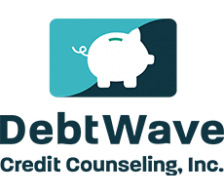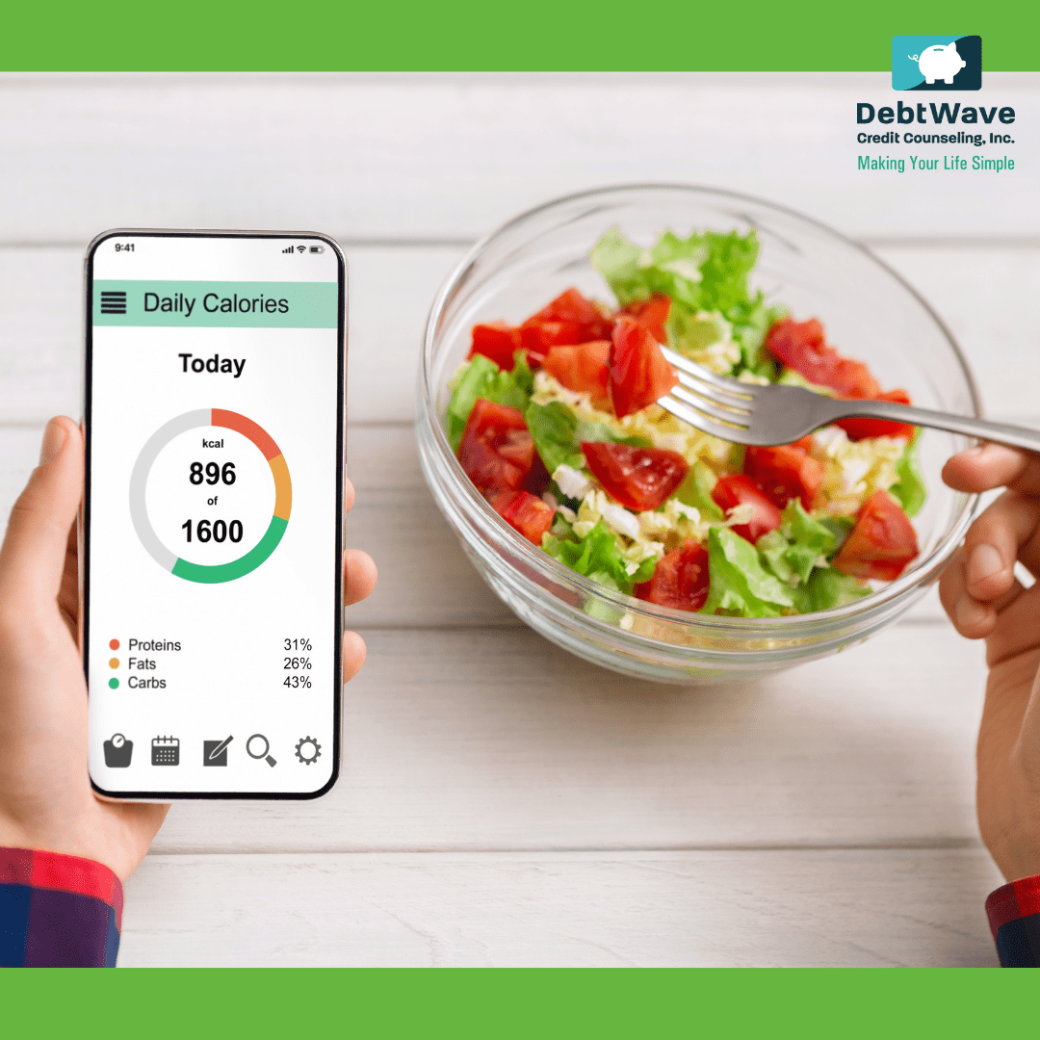Creating a budget is usually one of the most daunting tasks for those on a debt payoff journey.
Not only does a budget require you to figure out how much income you’re bringing in each month, but you also need to figure out how much you’re spending each month. Adding up expenses? Not exactly the most enjoyable pastime, but incredibly necessary.
If you haven’t been using a budget previously, sometimes it helps to start tracking your spending for a few months before you come up with a final budget so that you get a better idea of how you’re regularly spending your money.
Once you have an idea of where you’re spending your money you can decide if you want to keep spending that much on any given category.
For example, you may find that ordering daily takeout costs about $1,000 or more than you anticipated it would cost you in the end, maybe you realize that you would rather spend that money on updating your wardrobe or booking a much-needed vacation?
Or perhaps you decide that ordering takeout allowed you to take on a side hustle and spend more time doing what you love.

That’s the beauty of personal finance. It’s personalized to you.
However, there are some universal truths with budgeting, one of which is that it’s best practice to spend less than you earn.
If you have debt or are struggling to afford the minimum payments on your credit cards, chances are you were not likely using a budget in the first place. Or at least not a budget that was realistic and worked for you.
In that case, you may want to track your spending for a month or two and discover how much you’re spending and what your spending categories, habits, and emotional triggers include. Tracking your spending may not be the most enjoyable activity but it gives you a chance to understand where and how you’re spending your money.
Keep in mind that spending $27-28 every day on “it’s only” items adds up to $10,000 in one year. And as far as budgeting goes – there are a few mindset tricks you can incorporate into your “budgeting” process to make it feel a little less like budgeting.
Money Mindset: Budgeting
Even if you don’t currently have debt, sitting down to create a budget may sound like the least desirable activity on the planet. If that’s you, did you know that about 90 percent of personal finance and budgeting is psychological? The rest is math and numbers.
This means that if the word “budget” gives you a stomachache just thinking about it, there are other ways to trick your mind into budgeting without realizing you are budgeting in the first place.
1. Health Goals
One area in your life where you may already be practicing consuming less than you are spending is food – especially if you have a health goal in mind. For example, some people count calories to make sure they are consuming fewer calories than their body is burning in a day. Other people may need to track other health information from food so that their body can properly function such as how many carbohydrates they’ve consumed, salt content, or fat.
Notice that just because someone else may be counting calories while you are counting carbohydrates doesn’t mean that you are eating the wrong foods or have a terrible diet. You’re likely eating based on your body type, your health goals, your needs, and also your preferences.
The same is true when it comes to budgeting your money.

There will be some people who spend more in categories where you spend less and vice versa. What you’re spending your money on is not really as important as how much you’re spending. If you’re spending more than you are earning, you’ll wind up in debt, just as if you were consuming more food than your body required – it usually winds up as extra weight.
Additionally eating little to no food to lose weight – just like cutting all fun spending like cable, internet, takeout – can sometimes do more harm than good in the long run. It’s okay to reward yourself every now and then when you experience a win. The goal here is balance so that you don’t binge one day and eat all the goodies in your pantry.
2. Running a Business
Maybe you work in accounting? Maybe you run your own business? Would you ever let the company spend more than you were earning?
If the answer is no, then you may need to ask yourself why you wouldn’t let a business take on that much debt or spend more than you were earning, why would you allow that to happen in your personal life with your personal finances?
Sometimes it helps if you look at your budget as the finances for The Business of You. When you start to look at yourself as the CEO or the CFO of your finances, you may find you start to take responsibility for your money and debt in ways that you didn’t expect.

Running your household like a corporation and having “stakeholder” meetings can be a fun way to make budgeting your money feel like more of an investment in your future as opposed to a long list of things you can no longer afford to do.
3. Dollar Assignments
Maybe you’re not quite feeling like the CFO of your household when it comes to budgeting, but maybe the visual of assigning every dollar you earn with a task resonates in your mind.
One budgeting trick you can use is to assign every single dollar you earn with an assignment. This means that if you earn $1,000 in a month you would figure out where every single dollar would go. How much is going toward rent/mortgage? How much is going toward groceries/takeout? How much is going toward electricity/cell phone/internet/cable bills?
If you have credit card debt, then you’ll also want to make note that at least part of the income you earn each month is already earmarked to pay back that debt. Then whatever money you have leftover, if you have any leftover, can be spent however you would like or put aside in your savings account.

Remember, you do not have to spend as much as you earn every month. Having excess funds in your budget can help you establish a healthy savings account, emergency fund, and even go toward your retirement. So in that event, you would make sure to assign those dollars the task of “investing in your future” or a “rainy day fund.”
But you can also use this budgeting technique if you don’t have debt. Maybe your goal is to go on an African Safari? You would want to figure out how much that trip will cost and then start assigning dollars to your African Safari fund. This way when you are making debt payments, you can still feel like you are working toward future fun as well.
4. Romantic Relationship
For the hopeless romantics, another way to look at your money? It’s as if you are in a relationship with money or dating money. While this budgeting mindset may be a stretch for some, for others it is incredibly helpful to reframe debt as if you permitted someone else to go out with your significant other BEFORE they go out with you.
If you think about it – all of us want money, more money. Money is how we buy things, do things, donate to people and organizations we support, just like many of us want to experience love and all that comes with a loving relationship. But if you are constantly spending more money than you have – already assigning your future earnings to go toward your debt – it’s almost like you are signaling to money that it’s not that important in your life.

Do you think your partner would stick around if you were always planning for them to go out with someone else and they never seemed to get a chance to hang around?
Treat money like a loving relationship. Allow money to spend the night in your account. Allow yourself to be picky with where and what you spend money on. And in the end, you may feel more love from your money and may not want to spend things you don’t really want – even if it’s only $1 – because you love money and money loves you.
Have you found success with budgeting after changing your mindset around budgeting or the purpose of a budget? Share your stories and helpful tips in the comments below.


